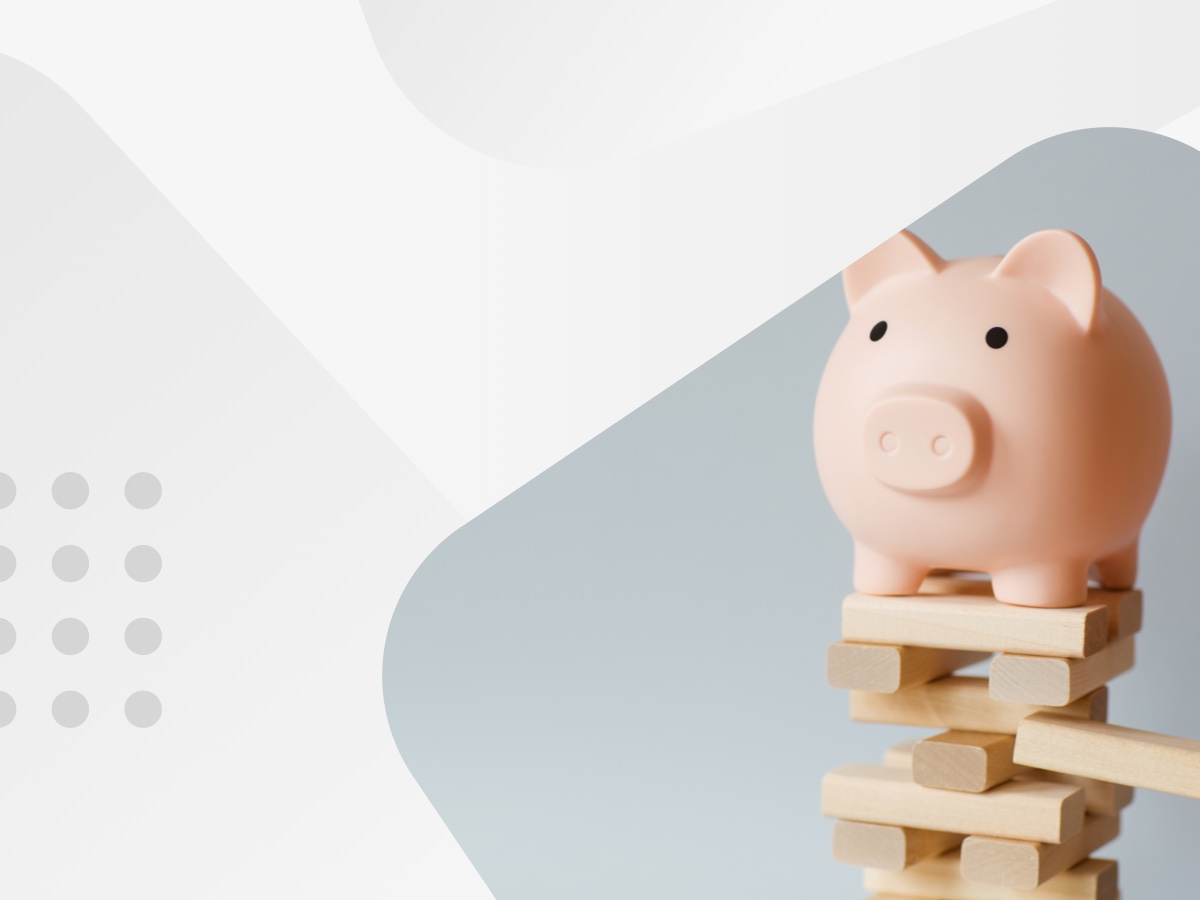Typically in Australia, when a debt collector takes up the collections effort for a creditor (or buys the remainder of the debt), the creditor will provide them with any contact details it has on file.
If this is insufficient or the debtor’s details have changed, the collections agency or creditor may use search tools such as CreditorWatch’s business search portal to find missing information. In certain circumstances, a creditor or debt collector can apply to a court for a ‘substituted service’, allowing them to attempt contacting a debtor via less traditional means such as social media.
When a business or lender feels they can no longer pursue an outstanding debt without help, they often call in a debt collector. This usually occurs once an invoice is beyond 90-120 days due, and the creditor has already made several attempts to contact the owing party and secure payment.
Debt collectors charge a fee between 5-30% to the business, bank, or lender to operate on their behalf, or they purchase the debt from the creditor and keep any further funds recouped. Because of this additional cost to the business or lender, it is recommended that you leverage collections resources and templates such as the ones found in CreditorWatch Collect to recoup owed funds before involving debt collectors. Doing so can prevent protracted legal battles, strained relationships with trading partners and costly fees to third-party businesses.
So, how do debt collectors find out where you work and live? Debt collectors usually obtain basic contact information by communicating with the creditor, who often has account information on file, such as a home address where you live, phone number, name, and so on.
Additionally, there are several public and private databases that a creditor or debt collection agency may use to find any missing information. Powerful search tools such as CreditorWatch’s business credit profile search portal can help a creditor or debt collector find the most recent and relevant contact information for an Australian business.
A debt collector must only contact a debtor, or relevant family/employers, for ‘acceptable reasons’, such as making a demand for payment, giving information about the account and the money owed, and suggesting a payment plan. If you believe you have been subjected to unlawful conduct or harassment, you should immediately consult legal advice. Public legal services such as LegalAid NSW or LegalAid VIC may be able to provide guidance and advice.
If a debt collector cannot contact you via traditional phone, postal address (PO box included) or email, they may apply to an Australian court for a ‘substituted service’. This may allow them to serve letters and contact you via text, previously held home addresses, social media or other less traditional means. However, they must be careful not to intimidate, harass, or coerce a debtor at all points of the relationship.
Debt collectors need to be able to communicate with debtors to serve Letters of Demand, arrange for a payment plan or negotiate a reduction in the money owed, and notify them of legal action and court notices. Failure to find or communicate with a debtor may eventually lead to the waiver of the debt or the inability to further pursue payment in the courts due to a statute of limitations on debt in different states.
However, remaining unreachable to debt collectors can still have severe and wide-ranging consequences for the debtor, including a deterioration of their credit history and scores, court actions against them enforceable for up to twelve (12) years, applications for substituted services to achieve contact, and the debt collector contacting family members, including a wife or husband if married, or employers. Eventually, the debtor may be rendered insolvent or bankrupt due to their failure to communicate openly and honestly with a debt collection agency.
Standard practice for many Australian businesses, banks and lenders is to involve a debt collector after payment is more than 90-120 days overdue and they have exhausted in-house collections efforts (using powerful tools such as the CreditorWatch Collect automated reminder prompts).
Once a debt collection agency is involved, strict conduct and contact guidelines outlined by the Australian Competition and Consumer Commission (ACCC) dictate how and when they can contact you:
Source: ACCC.gov.au
| Monday to Friday | Weekends | National public holidays | |
|---|---|---|---|
| Contact by telephone (Maximum 3 phone calls a week or 10 a month) | 7:30am to 9:00pm | 9:00am to 9:00pm | No contact recommended |
| Face-to-Face contact | 7:30am to 9:00pm | 9:00am to 9:00pm | No contact recommended |
| All workplace contact | Debtor's normal working hours if known. Or 9:00am to 5:00pm. | No contact recommended | No contact recommended |
While debt collectors are necessary players in the fight to protect revenue, it is far more desirable to recoup owed funds before collections agencies get involved. You save on unnecessary fees, secure your relationship with trading partners, and extract that necessary cash flow out of Accounts Receivables as quickly as possible to put it to work for your business.
The customisable, automated letter templates and prompts from CreditorWatch Collect are designed to help your business achieve that goal. We have branded letters for every stage of the debtor lifecycle, including Welcome Letters, Letters Of Demand, 30, 60, and 90-Day Reminders and Final Notices. Each comes complete with our powerful third-party endorsement, proven to reduce Days-Sales-Outstanding by up to 53%. Each prompt can be automated, delivering straight to the debtor as soon as a payment date passes, freeing up accounts personnel to focus on big-ticket items.
Also, the CreditorWatch Collect platform allows your team to access and leverage debtor analysis and insights from our machine-learning technology. You can review debtor days outstanding, the split of current businesses that owe you and for how long, the trend in days-to-payment and other valuable information. With the full power of our collections resources and tools behind you, you can prioritise collecting from risky entities and avoid the additional hassle and cost of involving a debt collector.
When you secure your revenue, you allow your business to thrive. Speak to our expert team today.

Get started with CreditorWatch today
Take your credit management to the next level with a 14-day free trial.

